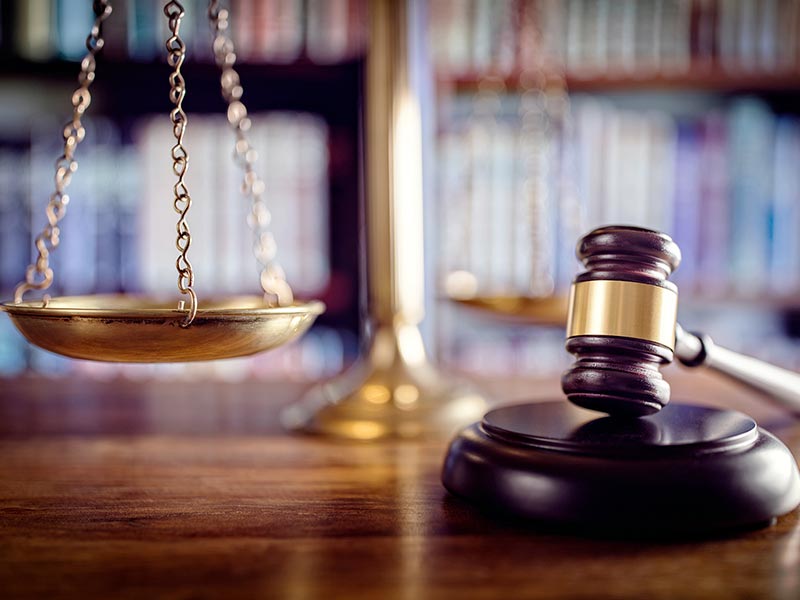
Authors
-
Margaret Jungk
Former Managing Director, Human Rights, BSR
-
Elisabeth Best
Former Manager, Sustainability Management, BSR
To continue our Q&A series with our experts on the past, present, and future of sustainable business, we sat down with our Human Rights lead Margaret Jungk to discuss innovations, opportunities, and challenges in the field.
Elisabeth Best: What has been the single most important innovation in the human rights and business field in the last 25 years?
Margaret Jungk: The easy answer is that the single most important innovation in the human rights and business field in the last 25 years was the UN Guiding Principles on Business and Human Rights (UNGPs), unanimously endorsed in the UN in 2011 by states across the political divide, from India to Russia, Argentina, Norway, and the U.S. The UNGPs were also strongly supported across the business and NGO divide, from The Coca Cola Company to Amnesty International and the Chinese national mining authority. These aren’t a mere set of principles: They are the formula through which we apply international human rights principles to the business context.
Incredible strides, including the extension of principles of equality to LGBTQI populations and sophisticated methodologies for monitoring and reporting violations, have been made through numerous international human rights instruments that are being actively used in the business realm, too.
Best: What does sustainable business, specifically as it relates to human rights, look like in 2030?
Jungk: Given the rapid pace of developments in the human rights and business field over the past 12 years, I’m going to stretch far when imagining what the next 12 years will bring, taking us to 2030.
They will bring much greater scrutiny on companies, as advances in technology continue enable a community member to transmit a picture or video around the world almost instantly, for example of a community displaced by a large infrastructure project or a factory managed under poor conditions. The future will also bring much greater engagement by companies, not only in response to the negative pressures mentioned above, but also as a more active positive force in society at large. I think statements by business leaders like those on the Trump Administration’s immigration policy will become far more commonplace.
One of the big questions we are running through BSR’s new Sustainable Futures Lab is the question of how new technologies like artificial intelligence will affect the application of human rights principles, down to very basic questions like ‘what constitutes a human.’
Best: What’s the biggest challenge or opportunity you see looking forward?
Jungk: Two words: collective impacts. The human rights field is pretty advanced when it comes to addressing singular-level impacts on human rights—for example, if a company has a discriminatory labor practice or an unsafe working environment. However, if we talk about a negative impact resulting from the combined actions of multiple companies—like a group of extractives companies polluting a water system when no single company exceeds the pollution level, but the combination of polluters in the area makes the water unfit for drinking, assigning responsibility becomes more difficult. Another example of a collective impact is climate change; supply chain issues often also implicate multiple companies.
These collective impacts are by no means rare—rather, they are probably the majority of negative human rights impacts. Yet it’s tremendously difficult to establish due diligence requirements for companies to prevent and mitigate collective level impacts, and to collaborate on remedy for those impacts when they do occur.
Best: What are leading companies doing today to make a sustainable future a reality?
Jungk: True leaders are engaging in the development of what we call the ‘human rights ecosystem.’
It’s an acknowledgement that companies never operate in a vacuum. Instead, they operate as part of a larger ecosystem consisting of competitors, suppliers, government regulators, and civil society organizations, among others. This larger social ecosystem can be geared in a way that supports and reinforces human rights, or, in some countries, it actively undermines them. We see some companies working to build the capacity for respecting human rights throughout multiple tiers of their supply chains, while others are actively engaging their peers or even their governments to help ensure good public policy that is aligned with human rights. This stuff isn’t quick, and it isn’t easy, but I have no doubt that the longer-term, systemic-level impacts generated by these efforts have tremendously positive ripple effects.
Best: What aspect of this year’s BSR Conference are you most excited about?
Jungk: I must admit to being a bit of an introvert, so usually big conferences aren’t my cup of tea. I make an exception for the BSR Conference, because it’s one where I have tremendously interesting conversations. Last year over one coffee break, I moved from a conversation with a company struggling to implement grievance mechanisms in its supply chain (where it has very little leverage), to one with another company confronting a community protest related to competition over scarce water resources. It’s these real-life challenges and the opportunity to help people find viable solutions to impasses between companies and community rights that I look forward to most.
Topics
Let’s talk about how BSR can help you to transform your business and achieve your sustainability goals.







